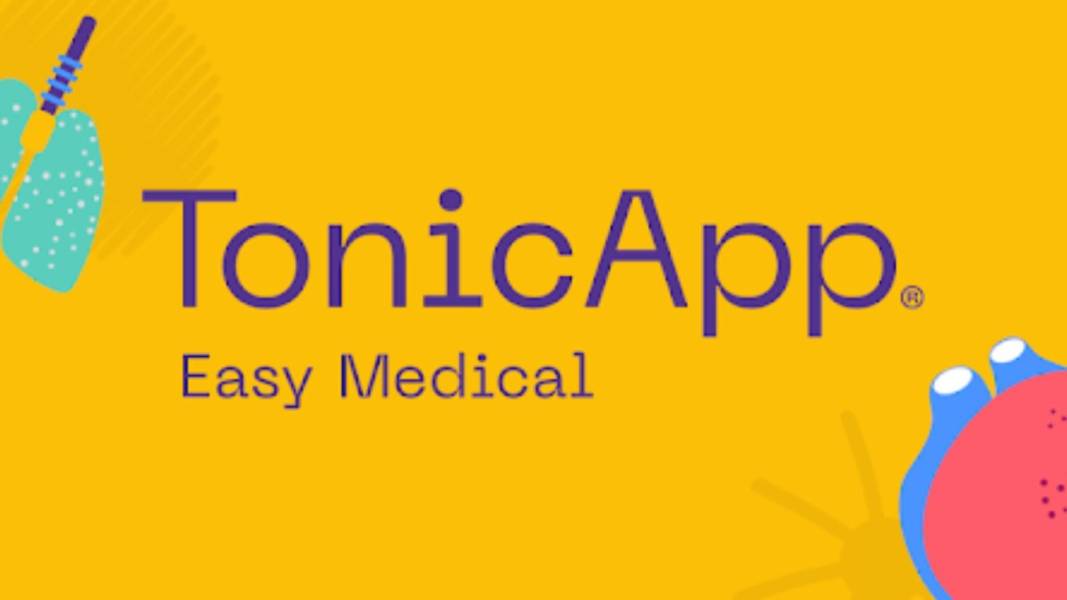Tonic App, the 360 tool for medical doctors, has launched a new virtual assistant called Dr. Tonic. The virtual assistant is designed to support medical doctors in their day-to-day tasks and is powered by ChatGPT API, the large language model trained by OpenAI. Dr. Tonic is integrated with Tonic App, which is already used by 119,000 physicians and curates medical knowledge, clinical tools, educational content, jobs, and more.

ChatGPT is a large language model trained by OpenAI, which can generate human-like responses to text prompts. Based on its advanced architecture, ChatGPT can process and understand natural language, making it a powerful tool for a wide range of applications.
ChatGPT has been used to build a variety of AI-powered applications, including chatbots, virtual assistants, and language translators, among others. Its impressive performance on various language tasks has led to the development of many other models based on the ChatGPT architecture, each fine-tuned for specific use cases and applications.
Dr. Tonic is an innovative virtual assistant that prefers using medical terminology and to give deterministic answers, compared to the generalist version of ChatGPT. As a tool, it helps doctors to retrieve knowledge, summarise medical records and key findings in studies, write templates for patient referral letters and emails, prepare health information for lay people, and even support them in planning their holidays or meals.
An era of healthcare empowered by ChatGPT
Despite being trained with a vast body of medical knowledge, ChatGPT cannot yet be used safely for diagnosis and treatment decision-making. This is where Tonic App’s clinical content and previously acquired data become synergistic with the virtual assistant, as it was produced according to the highest standards so that it can be safely used for clinical decision-making and to feed the model.
Dr. Tonic is also useful in reducing the administrative burden of medical doctors, which has been increasing as healthcare moves towards value-based care that requires detailed tracking and reporting of quality metrics.
In the first 24 hours after its launch, an average of 414 words were exchanged with Dr. Tonic by doctors – and this number is growing. The top use cases for Dr. Tonic have been medical knowledge retrieval, questions about medical studies, utilitarian questions, inquiries about Tonic App, and queries about the reliability of the service.
Daniela Seixas, CEO of Tonic App, and herself a medical doctor, says:
“We are excited to launch Dr. Tonic, because we believe this is the start of a new era for healthcare. AI finally enters the day-to-day operations of healthcare professionals, after years of promise. It is estimated that up to 40% of doctors’ time is desk work, particularly in primary care. We can now help medical doctors save real time, reduce stress, and focus on what matters the most: patients. AI is also set to help compensate the shortfall of healthcare workers in Europe.”
Dr. Tonic addresses key challenges of AI assisted tools
AI-assisted tools offer numerous benefits to various industries, including healthcare, finance, and manufacturing. However, they also raise significant challenges that need to be addressed. One of the primary challenges is ensuring data privacy, as sensitive data such as patients’ identifiers cannot be shared with AI models.
In terms of data privacy, third-party personal data, such as patients’ identifiers, cannot be shared with the bot, and GDPR compliance must be assured. At Tonic App, the larger OpenAI generative model is not allowed to learn with the data created by the doctor users through the dedicated API.
Dr. Tonic is available for professional use at Tonic App in France, Italy, Spain, and Portugal and will soon be available in the UK.
About Tonic app
Tonic App is a company that supports medical doctors in diagnosing and treating their patients by bringing together all the professional resources they need for their day-to-day work in a single mobile platform. Tonic App makes clinical practice even more practical.
The 37-people company was co-founded in Porto in 2016 by Daniela Seixas, CEO, and Andrew Barnes, Christophe de Kalbermatten, and Dávid Borsós. It has been named by Forbes magazine as one of 60 female-led startups that are “shaking technology around the globe.”

Founder Dinis Guarda
IntelligentHQ Your New Business Network.
IntelligentHQ is a Business network and an expert source for finance, capital markets and intelligence for thousands of global business professionals, startups, and companies.
We exist at the point of intersection between technology, social media, finance and innovation.
IntelligentHQ leverages innovation and scale of social digital technology, analytics, news, and distribution to create an unparalleled, full digital medium and social business networks spectrum.
IntelligentHQ is working hard, to become a trusted, and indispensable source of business news and analytics, within financial services and its associated supply chains and ecosystems










